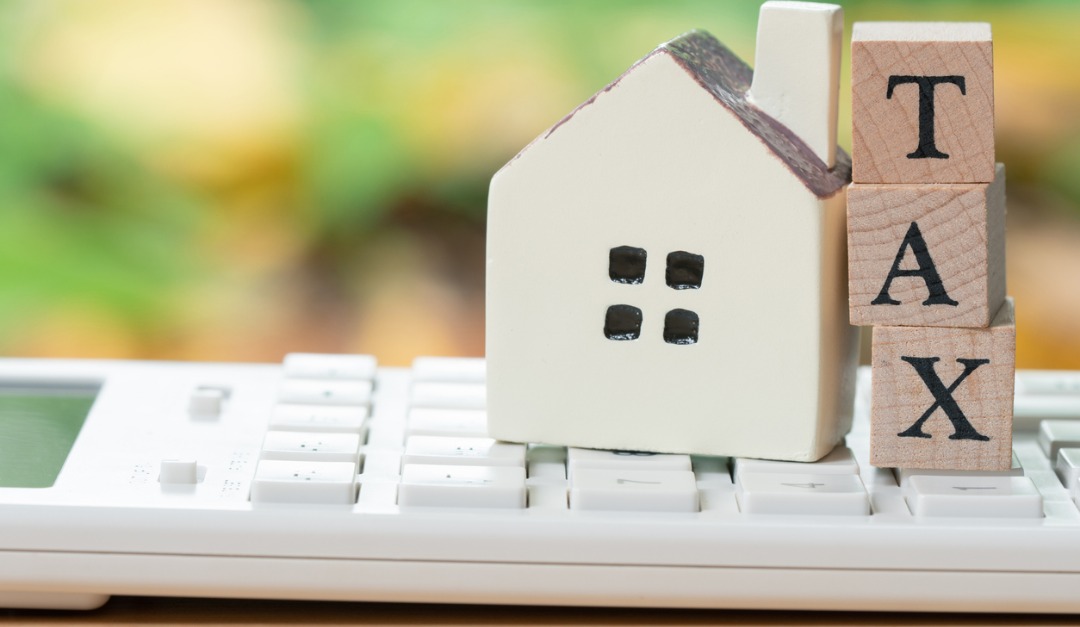If you buy a home, in addition to the down payment and closing costs, you may have to pay taxes. Discuss this issue with your real estate agent prior to the closing date so you don’t wind up with an unexpected bill.
Prorated Property Taxes
Property taxes are billed on a fiscal year schedule, which may or may not coincide with the calendar year. In some jurisdictions, taxes are paid in installments.
Houses can be bought and sold at any time of the year. That means when a sale is finalized, the seller may have already paid taxes for a future portion of the year when he or she will no longer own the house, or the seller may not have paid all the taxes due through the time when he or she will move out. That issue needs to be ironed out at closing.
If you purchase a house and the seller has already paid taxes for a period that extends beyond the closing date, he or she has paid for time when you’ll own the house. The contract will most likely require you to reimburse the seller for the portion of the taxes due for the time when you’ll own the house.
If the seller hasn’t yet received or paid the tax bill that covers a portion of the year when the seller lived in the house, the seller will have to pay his or her prorated share of the tax bill. The contract may require the seller to put that money in escrow to guarantee that it’ll be paid at closing.
Unpaid Back Taxes
When you buy a house, you assume any tax obligation associated with it. If you purchase a house and the seller has fallen behind on tax payments, you’ll become responsible for them, unless the contract specifically says otherwise.
If back taxes are owed on the house and the contract doesn’t say they aren’t your responsibility, you’ll have to pay them. If you don’t, the government that issued the tax bill can put a lien against the property, and you may wind up losing the house.
You can protect yourself by obtaining a title insurance policy. Before you close on the house, the title company will provide you with a title commitment or title report that’ll tell you if any taxes are owed on the property. If you’re told that there are no taxes due, but you find out after closing that in fact there are, you’ll be able to file a claim against the company.
Understand the Tax Situation Before Closing
Homebuyers are often confronted with unanticipated expenses. Before you close on a house, make sure you know if there are any outstanding taxes and how those bills will be handled. Discuss the matter with your real estate agent and work with a title insurance company to get complete and up-to-date information.
This article is intended for informational purposes only and should not be construed as professional or legal advice.









